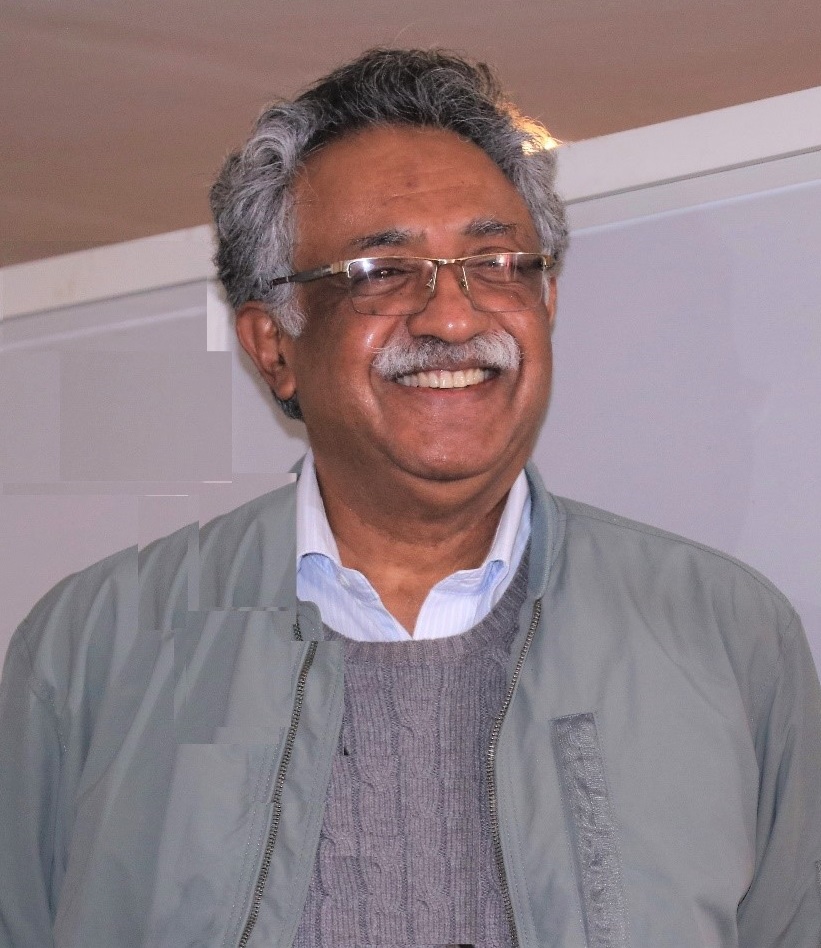Leaving No One Behind: Approaches for Community Involvement in Infrastructure Recovery and Reconstruction
Day 2, 5 May 2022, 1730 - 1900 IST
Session Annotation
The session on post-disaster recovery and reconstruction will look at aspects of preparedness required in infrastructure sectors to ensure effective early recovery after disasters. It will look at approaches to damage and loss assessment, identification and prioritization of recovery activities, financing, and community engagement for the implementation of projects in a dynamic environment with various competing priorities. The session will reflect on the experiences from four countries/regions in building back better (more resilient) infrastructure in the aftermath of disasters to understand how they worked with the local communities in the recovery and reconstruction process, and deployed nature-based solutions to rebuild their infrastructure to be more resilient to future disasters.
The deliberation in this session will take cognizance of the infrastructure sector transition into net-zero emissions and the engagement of community in building resilience, which are the main themes of ICDRI. Of these two, this session will focus more on the people-centric approach to preparing for recovery and reconstruction.
Session Overview
The concept of resilience includes the ability to recover quickly after disasters to minimize the impact of disasters on affected people. The resilience of infrastructure in countries worldwide varies based on their technical, financial, and institutional capacities, their understanding of disaster risk, and national priorities. Meanwhile, climate change threatens to increase the frequency and intensity of extreme climatic events. Given this scenario, countries around the world can reliably assume that their infrastructure assets, networks, and services can and will get disrupted by natural hazards at some point within their long lifecycles.
Global experience shows that successful post-disaster recovery depends on countries having mechanisms in place before disasters occur, to ensure that the recovery process is conceived, effectively initiated, and managed in a timely manner.
People are at the forefront of facing the impact of disasters and they are the first responders. Their involvement is crucial in all stages of the disaster management cycle, including recovery and reconstruction. Preparedness is key to ensuring effective response, recovery, and reconstruction. Preparedness measures can benefit a lot if user communities are engaged right upfront in the preparedness phase to enable them to respond to disasters more effectively and quickly recover from the impact.
The questions addressed in this session will include:
- What is the role of communities in preparing for and responding to natural hazards, especially in the context of local/community infrastructure?
- What are the methods for involving communities through policies and technologies in the process of reconstruction of infrastructure?
- What is the importance of inclusion of vulnerable groups like women, persons with disabilities, and marginalized communities in the process of recovery and reconstruction of infrastructure?





